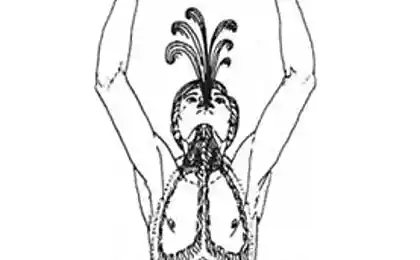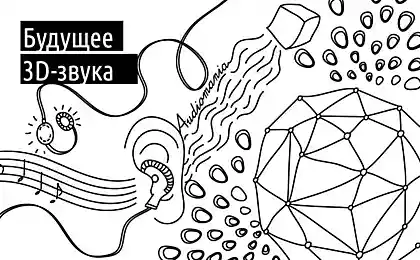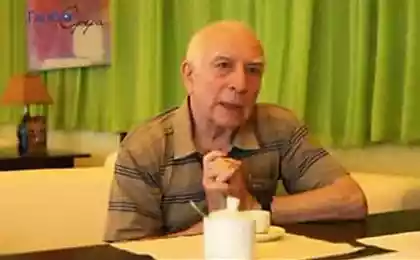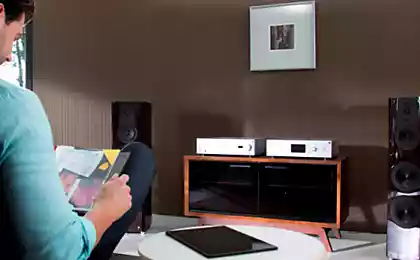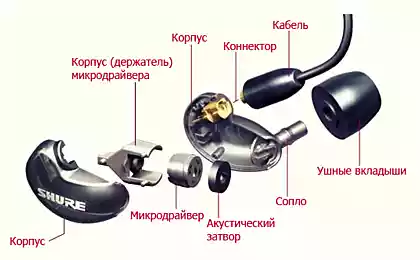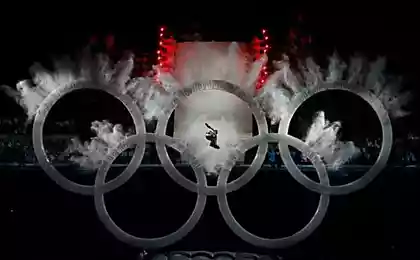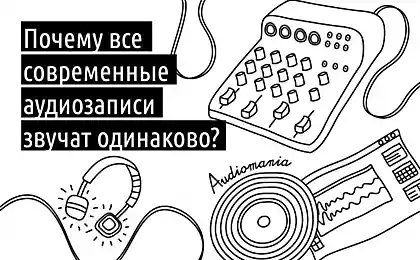433
Engineers simulate a quantum computer on the basis of sound
The binding of qubits at a sufficient distance remains extremely difficult. In a study published this week in Physical Review X, researchers from the Institute of quantum optics max Planck to describe a theoretical model for coupling remote qubits using sound instead of wires or fiber optics. As a result, they argue, it turns out the new and improved "Kvantovaya bus", which you can create on a micro scale using existing technologies.
"The implementation of remote interactions between distant qubits is arguably one of the most difficult tasks in the development of scalable, sustainable quantum information architecture — the researchers note. We propose to use now and analyze quantum sound in a surface acoustic wave phonons in piezoactive materials as a universal mediator for long-range spin-spin interaction instead of photons.
To make it clear, the bus of the computer's processor is a set of compounds designed to move large amounts of data between two or more components in the architecture that must regularly communicate with one another. A classic illustration is the system bus that connects the CPU with system memory and device input / output. In the quantum bus is implemented as a connection between the individual qubits.
The acoustic method uses the cavity as the transmission channels using phonons, which can be represented as a collective excitation of the particles. This kind of "vibration" — because phonon is a quantized component (particle) of vibration, just as the photon is the quantized component of the light.
In the quantum bus phonons are manipulated with the help of resonators that create problems when it comes to long-distance transmission. The new method combines the best, the researchers said. It is based on the use of surface acoustic waves (saw) in the form of phonons (two-dimensional waves that pass easily through the materials as a flat ruffle (imagine waves of density or pressure). Their advantage is the ability to sufficiently light aiming passage. published
P. S. And remember, only by changing their consumption — together we change the world! ©
Join us in Facebook and in Vkontakte, and we're Classmates
Source: vk.com/wiki_inventions
"The implementation of remote interactions between distant qubits is arguably one of the most difficult tasks in the development of scalable, sustainable quantum information architecture — the researchers note. We propose to use now and analyze quantum sound in a surface acoustic wave phonons in piezoactive materials as a universal mediator for long-range spin-spin interaction instead of photons.
To make it clear, the bus of the computer's processor is a set of compounds designed to move large amounts of data between two or more components in the architecture that must regularly communicate with one another. A classic illustration is the system bus that connects the CPU with system memory and device input / output. In the quantum bus is implemented as a connection between the individual qubits.
The acoustic method uses the cavity as the transmission channels using phonons, which can be represented as a collective excitation of the particles. This kind of "vibration" — because phonon is a quantized component (particle) of vibration, just as the photon is the quantized component of the light.
In the quantum bus phonons are manipulated with the help of resonators that create problems when it comes to long-distance transmission. The new method combines the best, the researchers said. It is based on the use of surface acoustic waves (saw) in the form of phonons (two-dimensional waves that pass easily through the materials as a flat ruffle (imagine waves of density or pressure). Their advantage is the ability to sufficiently light aiming passage. published
P. S. And remember, only by changing their consumption — together we change the world! ©
Join us in Facebook and in Vkontakte, and we're Classmates
Source: vk.com/wiki_inventions
Node charisma: what part of the brain responsible for the credibility
Los Angeles police are switching to electric cars
